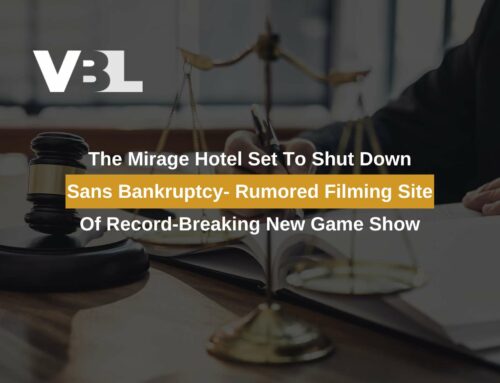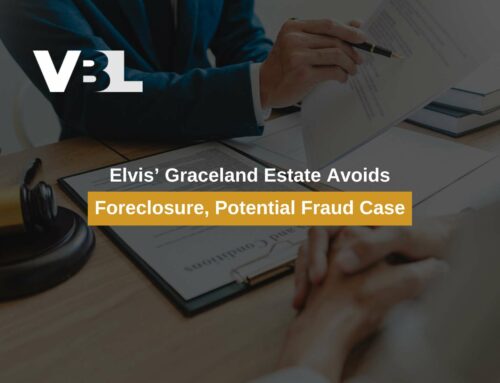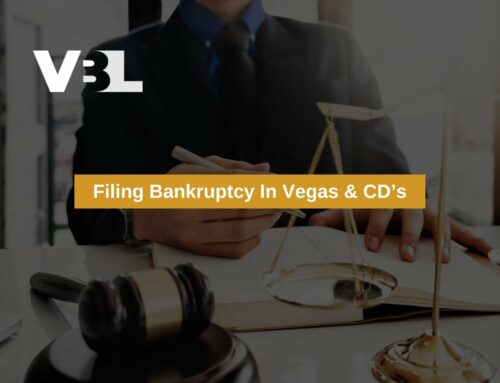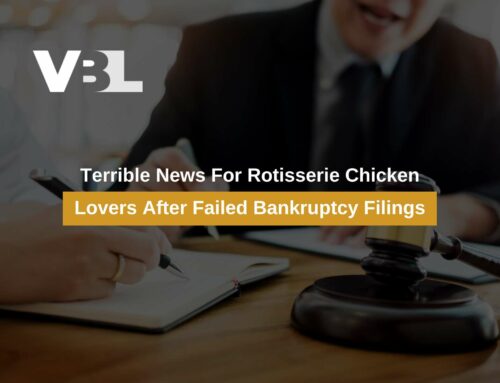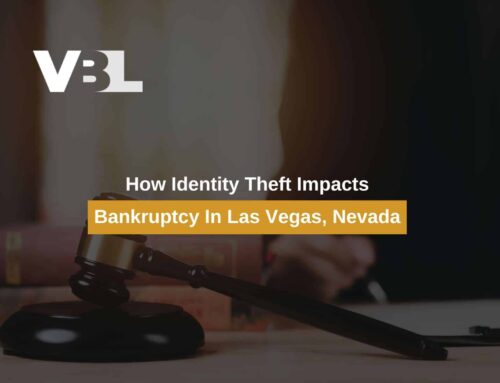Can I Include My 401K Loans In A Las Vegas Bankruptcy Filing?
Your 401(k) is meant to be a savings account to be withdrawn from after you retire. Withdrawing from a 401(k) before retiring is discouraged because of the financial penalties associated with doing so. Here, the person withdrawing from their 401(k) might consider a 401(k) loan instead. A 401(k) allows a person to borrow from their savings with the opportunity to avoid repercussions that come from directly withdrawing from a 401(k). It can be useful in short-term situations where the borrower can realistically pay the loan back on time. But these loans can also be risky, and there are many special considerations to keep in mind. If you have 401(k) loans and are considering filing for bankruptcy, it’s important to learn how your filing could impact your situation. To learn more about your options in your free consultation with an experienced Las Vegas bankruptcy lawyer, call 702-370-0155.
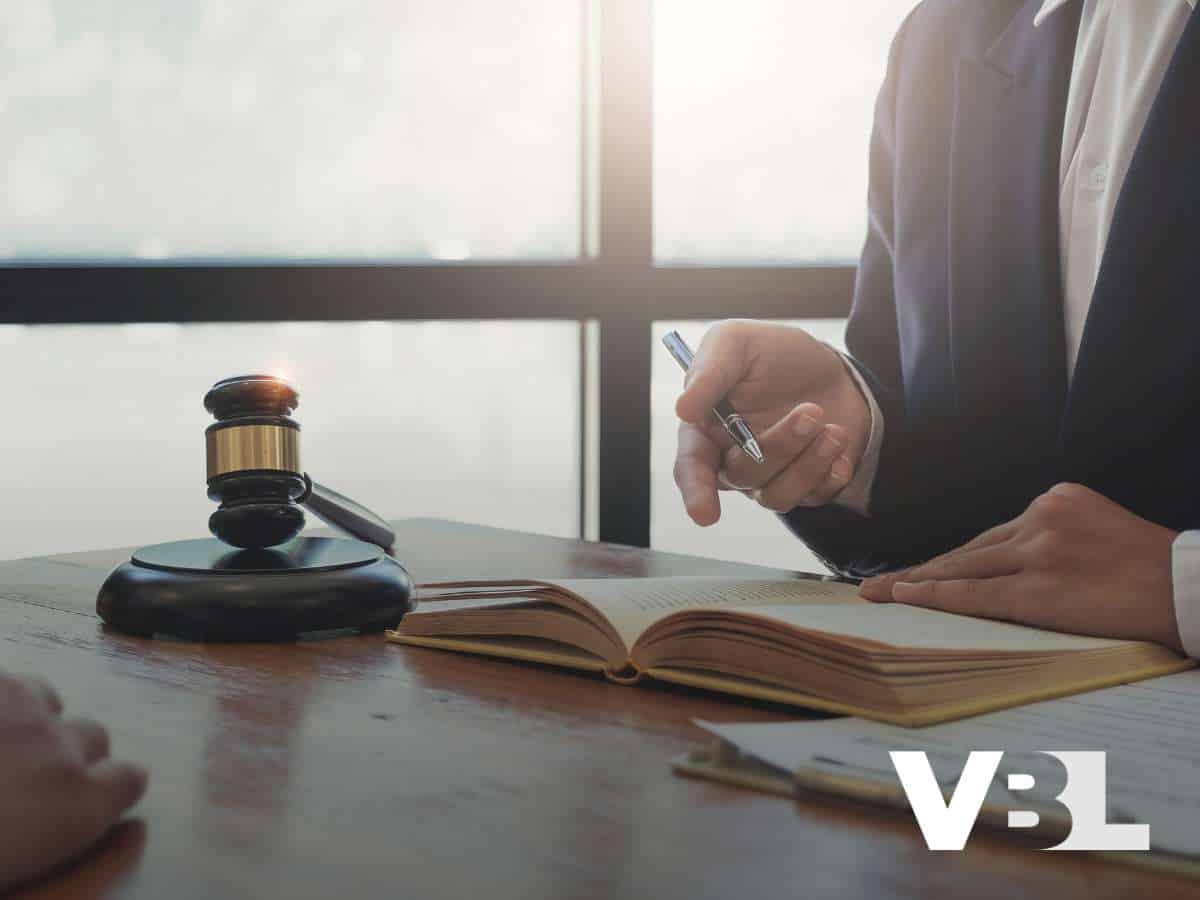
What Is a 401(k) Loan?
When a person with 401(k) savings is in a pinch, these funds should only be used as a last resort. But a person with 401(k) savings can usually borrow $50,000 or 50% of the balance of their 401(k) account, whichever is less. It can be preferable to payday loans, personal loans, and other lines of credit for numerous reasons. These loans often have unfavorable interest rates and need to be repaid in a short period, which can be difficult for a borrower to do. Another benefit to using 401(k) loans is that they don’t have credit check requirements. Taking out a 401(k) loan should not trigger a credit inquiry or affect the borrower’s credit score. This also makes it faster than other traditional loans. A borrower can fill out the application for a 401(k) loan online and will usually see the funds in their account within a few days.
A 401(k) loan is required by law to have a 5-year amortizing repayment schedule. The borrower can reduce their costs by paying off the loan early, which comes with no associated penalties. Sometimes taking out a 401(k) loan can be favorable if the market is down and the funds that would’ve been in the account would’ve been losing money. The borrower technically won’t pay “interest” if the borrower repays a little bit more than they withdrew. The borrower can also elect to have their loan payments automatically deducted from their paychecks.
Some of those who discourage 401(k) loans argue that because they are repaid with after-tax income, they are subject to double taxation. In practice, the “interest” portion of the repayment is the only amount subject to double taxation. However, a person who takes out a 401(k) loan will find it difficult to leave their job. If that person loses their job or quits, the unpaid loan balance would be considered a taxable distribution. For borrowers younger than 59 ½ years old, there could also be a 10% federal tax penalty. If you are considering a 401(k) loan, you should seek guidance from a financial professional.
401(k) Loans & Bankruptcy
So what happens to a 401(k) loan if the borrower declares bankruptcy? For many types of loans, the outcome depends on which chapter the borrower files- chapter 7 or chapter 13. This is because chapter 7 is a liquidation bankruptcy that clears debts without repayment, while chapter 13 is a repayment plan that pays off debts instead of merely erasing them. But the issue here is that a borrower is their own creditor when they take out a 401(k) loan. Therefore, a debtor in a chapter 7 bankruptcy will still need to repay their 401(k) loan after their case has been discharged. A debtor will still be responsible for their 401(k) loan if they file for chapter 13 bankruptcy, but the loan can be paid off in the plan. A chapter 13 payment plan lasts 3 or 5 years.
A 401(k) loan can’t be discharged in bankruptcy, so if a borrower thinks there is a chance they might file, it is usually advisable to file for bankruptcy first. Or, if someone is taking out a 401(k) loan to pay off debts, they should consider bankruptcy instead. This may erase debts and clear up more space in the debtor’s budget so that they don’t need the 401(k) loan. Additionally, 401(k) accounts and other retirement savings are generally protected in bankruptcy. The cash or whatever the proceeds from a 401(k) loan might not be protected in bankruptcy. Each state has its own bankruptcy exemptions and they can change from year to year. They can also change based on the debtor’s marital status and how many people are in the home. If you have questions about the bankruptcy exemptions that apply in Las Vegas, call 702-370-0155 for your free consultation with our firm.
The Automatic Stay In Bankruptcy
One reason that someone might take out a 401(k) loan to pay off debt is because their creditor is threatening to take action, e.g., an auto lender saying they will repossess the borrower’s vehicle. When a creditor is about to execute a repossession, file a lawsuit, turn off utilities, etc., the debtor can often benefit from the automatic stay rather than a 401(k) loan.
The automatic stay is a protection that goes into effect when a debtor files for bankruptcy. It protects both chapter 7 and chapter 13 bankruptcy debtors. The automatic stay is meant to last from when the petition is filed to when the case is discharged. However, the automatic stay can sometimes be shortened or not go into effect, such as when the debtor refiles multiple cases within a 12-month period. Additionally, creditors can ask the court for permission to proceed with collection efforts. This is known as a motion for relief from the automatic stay. A successful motion for relief from the automatic stay won’t clear the way for all creditors, only the creditor who brought filed the motion.
The automatic stay can provide a sense of relief while a bankruptcy debtor is sorting out their financial affairs. Absent a special factor reducing the automatic stay, it should be in place for about 3-6 months for a chapter 7 case and 3 or 5 years for a chapter 13 case. If you have more questions about the automatic stay in your potential Las Vegas bankruptcy filing, call 702-370-0155 for your free consultation with the Law Office of Erik Severino.
Learn More About 401(k) Loans & Bankruptcy With Our Las Vegas Bankruptcy Team
On the surface, bankruptcy can seem like a relatively simple legal matter, but there are actually countless factors that could make your case unique and complex. If you are considering a loan to pay off debts, bankruptcy could help you retain your savings and protect you from creditors. You don’t have to go through any step of the process on your own- our Las Vegas Bankruptcy Lawyers offer free consultations so you can get the answers to your bankruptcy questions without risk or obligation. We also offer competitive payment plan options starting as low as zero dollars down. When you’re ready to schedule your free consultation, call us at 702-370-0155 or contact us.

Las Vegas Bankruptcy Lawyers
LAS VEGAS
7251 W Lake Mead BLVD #300
Las Vegas, NV89128
Office: 702-879-2499
Email: [email protected]
HENDERSON
1489 W Warm Springs Rd. Ste 110
Henderson, NV 89014
Email: [email protected]
Additional Information at:
Phoenix Bankruptcy Lawyer
Phoenix DUI Lawyer
Chandler Bankruptcy Lawyer
Vegas Zero Down Bankruptcy Attorney
Gilbert Bankruptcy Lawyers
Arizona Zero Down DUI
AZ Bankruptcy Lawyer





